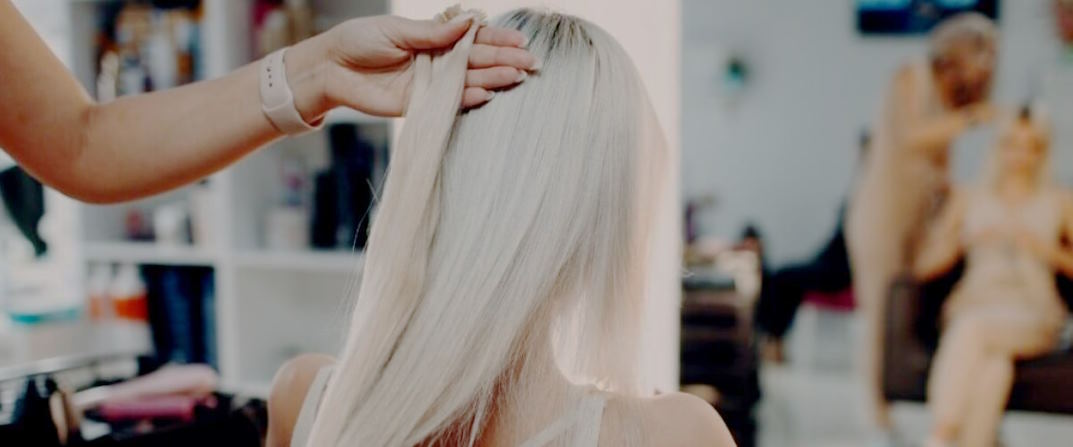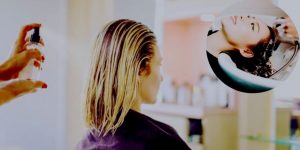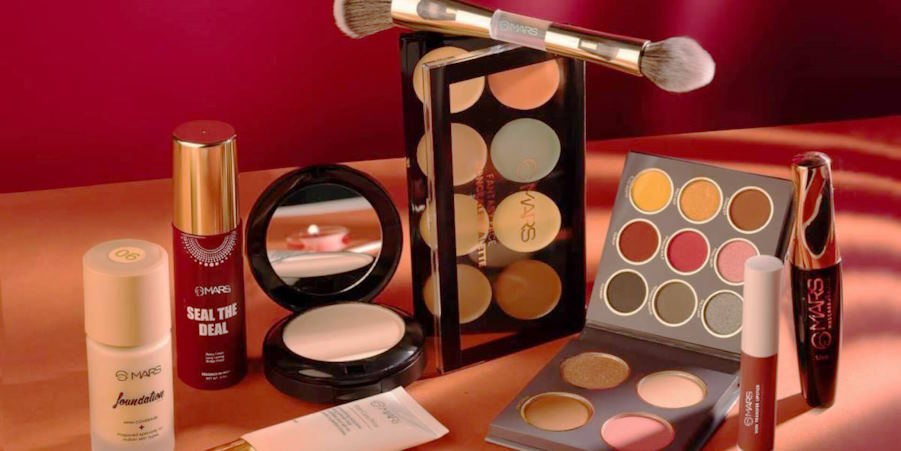In hair care, myths and misconceptions often abound, leading to confusion about the most effective practices for maintaining healthy locks. From beliefs about frequent trims stimulating rapid growth to the allure of products promising miraculous repair, separating fact from fiction is crucial for nurturing vibrant, resilient hair. This article aims to unravel prevalent hair care myths, providing evidence-based insights that guide individuals toward science-supported tips for fostering hair health and vitality. By understanding the realities behind common beliefs and embracing scientifically-backed practices, individuals can embark on a journey toward nurturing hair that thrives through informed care and attention.
Myth 1: Frequent Trimming for Faster Growth
Fact: Regular trims are vital for maintaining healthy ends and preventing split ends, but they don’t directly influence hair growth speed. Hair growth occurs at the scalp, and trimming the ends doesn’t affect this process. However, by preventing split ends, trims can contribute to healthier-looking hair, which might appear to grow faster.
Myth 2: Products Can Permanently Repair Hair
Fact: Many products claim to repair hair damage, but true repair is more complex. Hair is a non-living structure, and while products can improve its appearance temporarily by smoothing or strengthening, true repair involves preventing damage and allowing new, healthy hair to grow.

Scientifically Supported Hair Tips
Tip 1: Proper Hydration
Fact: Hair thrives with adequate moisture. Hydration starts from within—drinking enough water supports overall hair health. Externally, moisturizing hair products help maintain the hair’s moisture balance, especially for dry or damaged hair.
Tip 2: Balanced Nutrition
Fact: A well-rounded diet rich in nutrients contributes to healthy hair. Proteins support keratin production, the main component of hair. Vitamins like B, C, and E and minerals like iron and zinc foster scalp health and hair strength.
Tip 3: Appropriate Hair Care Products
Fact: Using products tailored to hair type and needs enhances hair health. Gentle shampoos cleanse without stripping natural oils, while conditioners restore moisture. Avoiding harsh treatments and excessive heat styling helps preserve hair integrity.
Understanding these myths versus facts empowers individuals to make informed decisions about their hair care routines. While some practices improve hair health, there’s no instant remedy for damaged hair. Embracing evidence-based approaches fosters a comprehensive strategy for maintaining vibrant, healthy hair.





